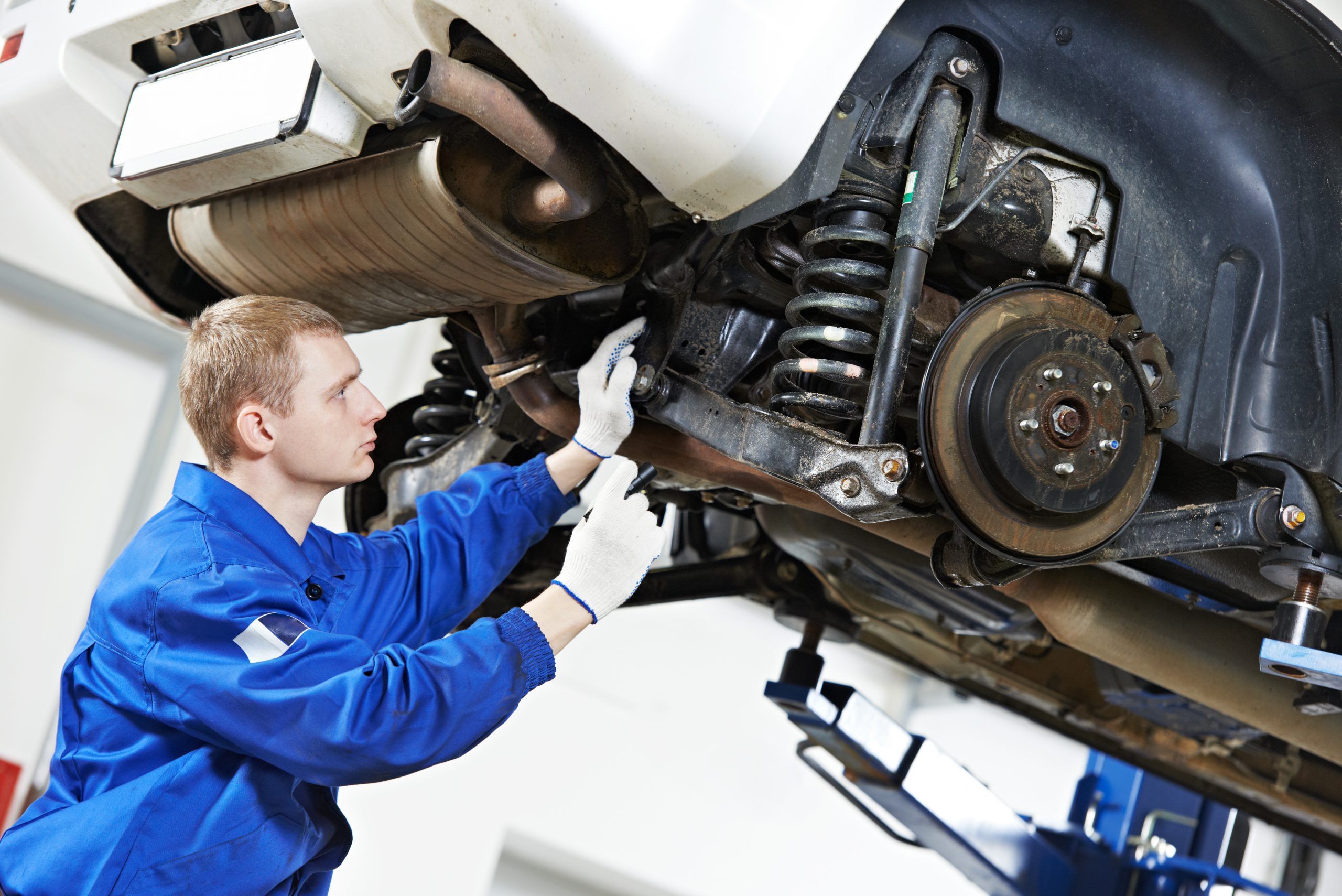All Categories
Featured

Your cars and truck's engine is the heart of your car, and maintaining it in leading condition is important for optimal efficiency and long life. Routine engine tune-ups are a fantastic method to keep your automobile's wellness, boost fuel performance, and prevent costly repair work later on. Whether you're a car enthusiast or someone that simply wishes to maintain their automobile running smoothly, these engine tune-up tips will aid you get the most out of your vehicle.
- Change Spark Plugs. Stimulate plugs play a crucial duty in beginning your engine and making certain smooth combustion. Gradually, ignition system can end up being dirty or broken, bring about misfires, lowered gas performance, and rough idling.
During an engine tune-up, inspect and replace your ignition system if needed. Most cars call for new ignition system every 30,000 to 100,000 miles, relying on the type. Regularly replacing trigger plugs guarantees correct ignition and optimal engine performance.
- Examine and Clean the Air Filter. The air filter protects against dirt, dust, and particles from entering your engine. A clogged up or unclean air filter restricts air movement, causing your engine to function more difficult and shed more gas.
Inspect your air filter throughout a tune-up and replace it if it's unclean. In dirty atmospheres or locations with hefty air pollution, you might need to change the air filter much more often. A clean air filter can improve fuel efficiency and extend the life of your engine.
- Check and Replace Belts and Tubes. Belts and hoses are essential for various engine functions, such as powering the generator, water pump, and air conditioning system. Over time, these elements can break, fray, or break, possibly causing malfunctions.
Throughout a tune-up, check belts and pipes for indicators of wear and replace them if needed. Replacing these components proactively can conserve you from pricey fixings and avoid unanticipated failures.
- Clean the Gas System. Your gas system, consisting of the gas injectors and fuel lines, can accumulate dirt and carbon deposits with time, reducing engine performance. Cleansing the fuel system during a tune-up helps enhance efficiency and fuel economy.
You can use a gas system cleaner or have a professional mechanic execute a much more detailed cleansing. This step is specifically essential for older cars or automobiles that regularly drive in stop-and-go website traffic.
- Inspect the Battery and Billing System. A healthy battery is necessary for starting your engine and powering electrical parts. During a tune-up, examine the battery terminals for rust and make sure the connections are limited.
Examine the battery's voltage and change it if it reveals signs of weak point. Furthermore, have the alternator and charging system tested to guarantee your battery stays billed throughout procedure.
- Adjustment the Engine Oil and Oil Filter. Oil adjustments are an essential part of engine maintenance. Engine oil lubricates relocating components, reduces friction, and assists regulate engine temperature. In time, oil comes to be polluted and sheds its performance.
During a tune-up, replace the engine oil and oil filter to keep your engine running smoothly. Follow your automobile's producer suggestions for oil type and change intervals.
- Inspect the Air Conditioning System. The air conditioning system avoids your engine from overheating. In time, coolant can break down or end up being infected, decreasing its efficiency.
Check the coolant level and problem throughout a tune-up, and flush and replace it if required. Check the radiator, water pump, and hoses for leaks or damage. A well-kept air conditioning system helps your engine run at the right temperature level and avoids overheating.
- Test the Ignition System. A damaged ignition system can cause beginning problems and minimized engine efficiency. Throughout a tune-up, check the ignition coils, distributor cap, and blades (if relevant) Replace any elements that show indicators of wear or damages to make certain smooth and trusted engine operation.
- Listen for Uncommon Sounds. Throughout a tune-up, seize the day to pay attention for any type of uncommon engine sounds, such as knocking, ticking, or hissing. These noises can indicate underlying issues, such as valve issues, loose parts, or exhaust leaks. Dealing with these issues early can stop more considerable damage.
- Use High Quality Components and Fluids. When carrying out an engine tune-up, always utilize high-grade parts and fluids that meet your car supplier's requirements. Affordable or inaccurate parts can compromise your engine's performance and dependability.
Verdict: A Well-Tuned Engine is Trick to Durability. Normal engine tune-ups are necessary for maintaining your auto's performance, performance, and integrity. By changing used parts, cleaning up vital systems, and dealing with possible concerns, you can keep your engine running efficiently for many years to come. Whether you're doing it on your own or counting on a relied on technician, spending in tune-ups is a clever method to shield your car and enjoy a more secure, smoother ride.
Latest Posts
Expert Flat Roofing Solutions - Weathercraft General Contracting Experts.
Beautiful Ornamental Iron Fencing Solutions for Properties - Professional Iron Fencing by Idaho Fence.
Idaho Fence: Precision and Craftsmanship
More
Latest Posts
Expert Flat Roofing Solutions - Weathercraft General Contracting Experts.
Beautiful Ornamental Iron Fencing Solutions for Properties - Professional Iron Fencing by Idaho Fence.
Idaho Fence: Precision and Craftsmanship
